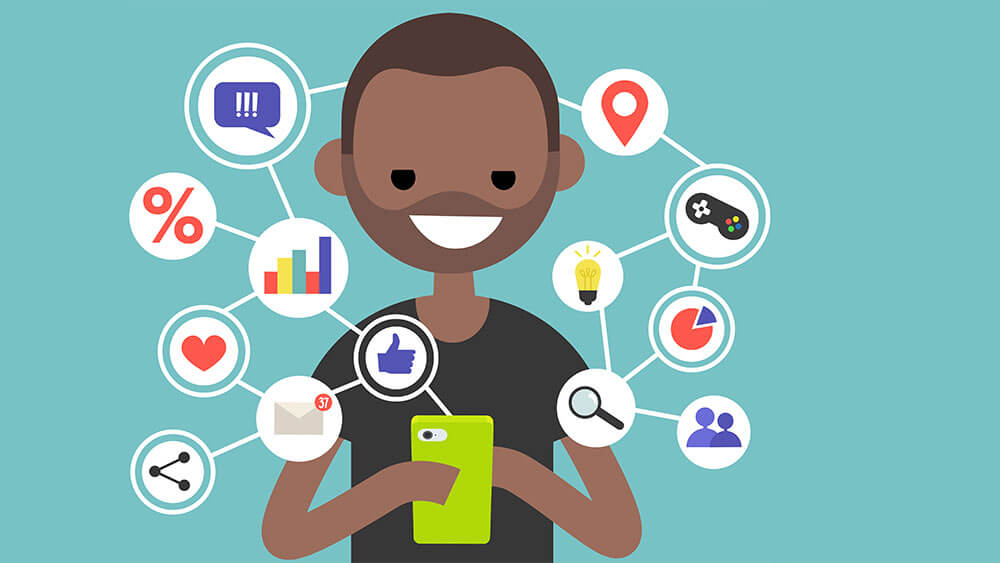To understand the attitudes of an emerging generation of attendees, Hugh Lee doesn’t comb through future trends reports. The president of Fusion Productions just observes his 19- and 22-year-old daughters’ tech interactions.
At digitalNow — a Fusion-produced program for association leaders — in Austin in May, Lee shared how one of his daughters views data collection. “My youngest daughter plays soccer in college, and she has wearables that track everything — heart rate, sleep, blood pressure, and all her health information,” Lee said. Providing “that kind of personal data might raise the eyebrows of older generations, but it’s simply part of her life.”
However, as Lee later told Convene, her generation doesn’t always part with their personal information so readily. Having grown up with businesses requesting their email addresses and access to their social media accounts, they’ve developed what Lee calls a “cynical trust.” Event organizers may be investing efforts in collecting data to drive personalization for their existing audiences, but they will need to overcome that barrier in order to reach them. Of all the generations, Generation Z — born between 1995 and 2012 — “expresses the strongest desire to protect their personal data online,” according to Kantar Media’s “Social Media Trends 2018” report.
And how they feel about Facebook doesn’t bode well for event organizers who use the platform as a go-to vehicle for attendee-marketing campaigns. eMarketer predicts that Facebook will see a nearly 6-percent decline in users between the ages of 18 and 24 this year alone. “My youngest daughter just laughs when I ask her about Facebook,” Lee said. “She doesn’t trust them. When the Pew Research Center releases studies about a lack of trust among institutions like government and media, it’s important to note that, to her generation, Facebook is one of those institutions.”
Purpose Paves the Way
So how can planners obtain the data they need to reach Gen Z? It’s about demonstrating what they will get out of it. Lee said that his youngest daughter is willing to hand over health information via wearables because “if she understands the purpose, she’s more likely to trust you. She knows that tracking that health information has a direct correlation to making her a better soccer player.” The same goes for Netflix, he said, which uses her data to offer viewing suggestions. “She understands that it’s how they make money. As long as they aren’t asking her for more private information, she’s okay with it.”
Likewise, event organizers “have to be able to show their attendees how they’re using data to enhance their design process and their programs,” Lee said. “Those attendees are going to say, ‘Show me where you’ve used what you know about me to make it better for me.’ Those young attendees are smarter than us. They’ve grown up in a maker’s world where they have all the tools to build everything on their own. So if you aren’t designing an experience for them, they’ll say they can do it better. And they probably can.”
Find highlights of Kantar Media’s “Social Media Trends 2018” report.

